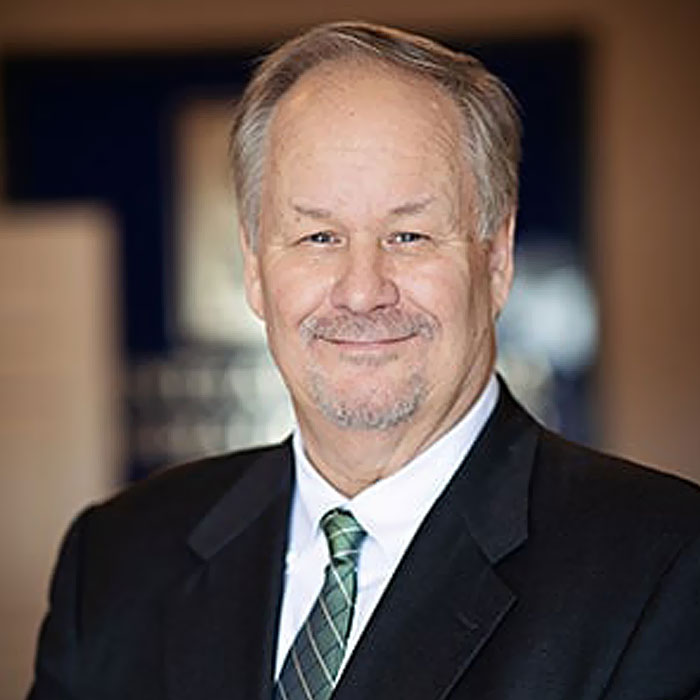Neal O’Toole
Neal O’Toole is an attorney and mediator who handles cases including automobile, insurance, personal injury, premises liability, and property issues, among others. He uses his experience and training to help the parties find resolution made with minimal heartache, acrimony, and turmoil.
Neal is an AV Preeminent®-rated lawyer, the highest rating established by Martindale Hubbel, and is board certified by the Florida Bar as a civil trial lawyer and in business litigation. He is also board-certified in Civil Trial Advocacy by the National Board of Trial Advocacy (NBTA); is an associate member of the American Board of Trial Advocates; is certified as a mediator by the Florida Supreme Court; and is a member of the Florida Academy of Professional Mediators, Inc.
After graduating with degrees in political science and psychology. He attended Tulane School of Law, obtaining his law degree in 1985. He practiced law in New Orleans until 1988 when he relocated to Florida and joined a law firm specializing in civil litigation. In 1992, he became a shareholder in the firm that was then known as Frost & O’Toole, P.A.
Neal is admitted to practice law in Florida, Louisiana, and the District of Columbia, as well as before the United States district courts and the courts of appeal within these states.
Certifications
Florida Supreme Court Certified Circuit Civil Mediator
Florida Supreme Court Certified Appellate Mediator
Florida Qualified Arbitrator
Florida Bar Board Certified Business Litigation Lawyer


